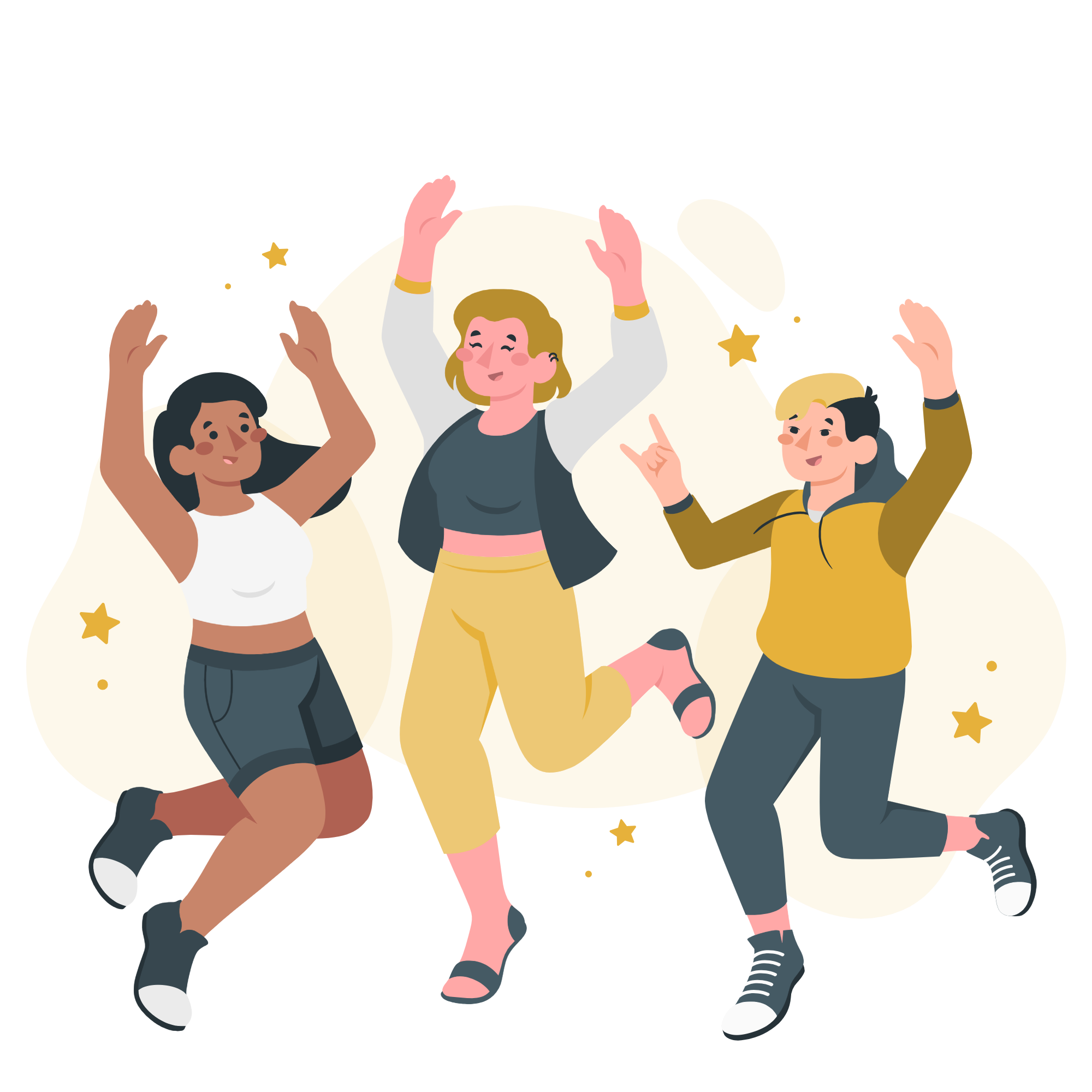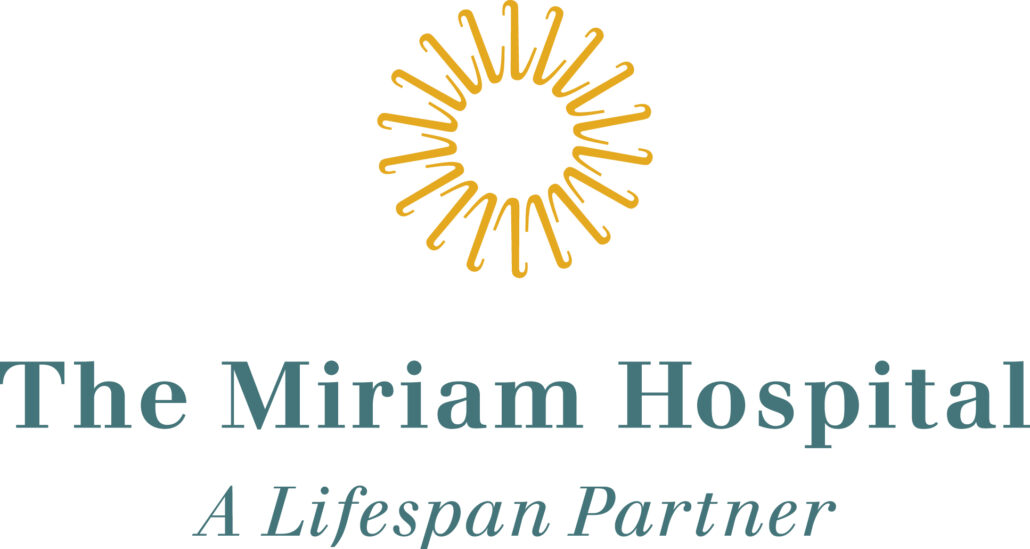Teen Healthy Weight Loss Research Study
Researchers at The Miriam Hospital are conducting a research study to help teens with obesity increase healthy eating and physical activity habits with a program called HealthTRAC. Interested in helping your teen learn healthy habits? Join our study today!

Fast Facts
teens 13-17 with obesity
interested in healthy weight loss
one english-speaking caregiver
Compensation Provided for completing surveys
Conducted in Providence and Westerly, RI
Study Background
Emotional Regulation & Weight Loss
The goal of this research study is to look at two weight loss programs aimed at helping teenagers with obesity who are interested in changing their weight:
- a standard behavioral weight management program (i.e. using behaviors to influence healthy eating and physical habits), or
- a standard behavioral weight management program that also includes training in emotion regulation (i.e. learning to recognize and manage feelings).
We are looking at whether participation in these programs impacts body mass index (a number based on height, weight, and age) and emotional regulation skills, the ability to handle feelings in healthy ways.
Requirements for Participation
Teens who are eligible to participate in the study will receive one of these two programs. Teens are assigned to each group by chance, like flipping a coin. Each group consists of 22 teen sessions over the course of one year. A registered dietician and a clinical psychologist will lead the group sessions. The first 14 sessions will be held in person in Providence or Westerly, RI and the remaining sessions are virtual, except for the last session. Caregivers attend 7 of the 22 sessions.
Your participation in this study may help researchers improve future approaches to help teens achieve healthy weight management. Further research today and join our study!

Study Background
Emotional Regulation & Weight Loss
The goal of this research study is to look at two weight loss programs aimed at helping teenagers with obesity who are interested in changing their weight:
- a standard behavioral weight management program (i.e. using behaviors to influence healthy eating and physical habits), or
- a standard behavioral weight management program that also includes training in emotion regulation (i.e. learning to recognize and manage feelings).
We are looking at whether participation in these programs impacts body mass index (a number based on height, weight, and age) and emotional regulation skills, the ability to handle feelings in healthy ways.
Requirements for Participation
Teens who are eligible to participate in the study will receive one of these two programs. Teens are assigned to each group by chance, like flipping a coin. Each group consists of 22 teen sessions over the course of one year. A registered dietician and a clinical psychologist will lead the group sessions. The first 14 sessions will be held in person in Providence and the remaining sessions are virtual, except for the last session. Caregivers attend 7 of the 22 sessions.
Your participation in this study may help researchers improve future approaches to help teens achieve healthy weight management. Further research today and join our study!
Additional Information
Teens will be asked to participate with one parent/caregiver. Your teen may qualify for this study if they meet the following criteria.
Key Criteria:
- 13-17 years old
- Currently have obesity & interested in healthy weight loss
- Speak English & have one parent/caregiver who speaks English
- Not currently enrolled in another weight loss/management program
- Not currently taking medication for weight loss
Treatment sessions
The treatment program is for one year and there are 22 group sessions.
The first 14 sessions are in person in Providence or Westerly, RI. Teens will be asked to attend one group treatment session per week for 12 weeks and then two bi-weekly sessions. Caregivers will be asked to attend three of these first 14 sessions.
Teens will also be asked to 8 monthly maintenance sessions; caregivers will be asked to attend 4 of them with their teen. The monthly sessions will be virtual, except for the last session.
Each session will last approximately 75 minutes and will focus on nutrition information and ways of changing behavior to help with weight loss. If the teen is in the group that gets training in emotion regulation, they will also learn about how to handle their feelings. Caregiver portions will focus on providing information about the diet and physical activity plan recommended for their teen and behavioral strategies to help with their teen’s weight loss efforts.
Before each session, teens will also have an opportunity to connect privately with their group leaders to receive feedback on their goals and progress in the study.
Assessment visits
Caregivers and teens will be asked to attend three assessment visits. The visits are conducted before the program starts, 4 months after treatment start, and at treatment end. Teens and caregivers are compensated for completing assessment visits.
Caregivers and teens fill out surveys related to the teens’ eating and physical activity habits, screen time, and emotions. Teens are also asked to do a few tasks after the visit: to wear a physical activity monitor on their wrist, complete a daily survey, and participate in 3 interview about what they have eaten and drank. Additional compensation is provided for completing these measures.




